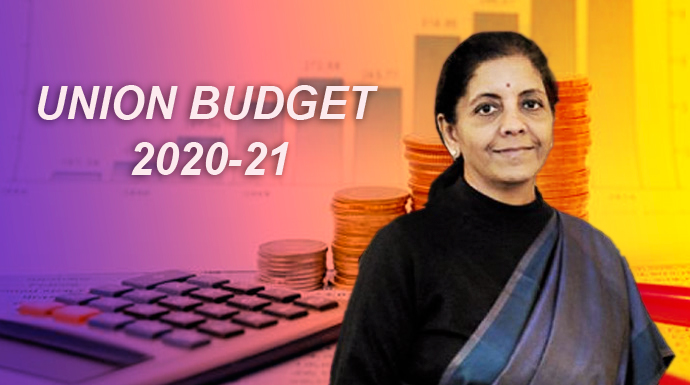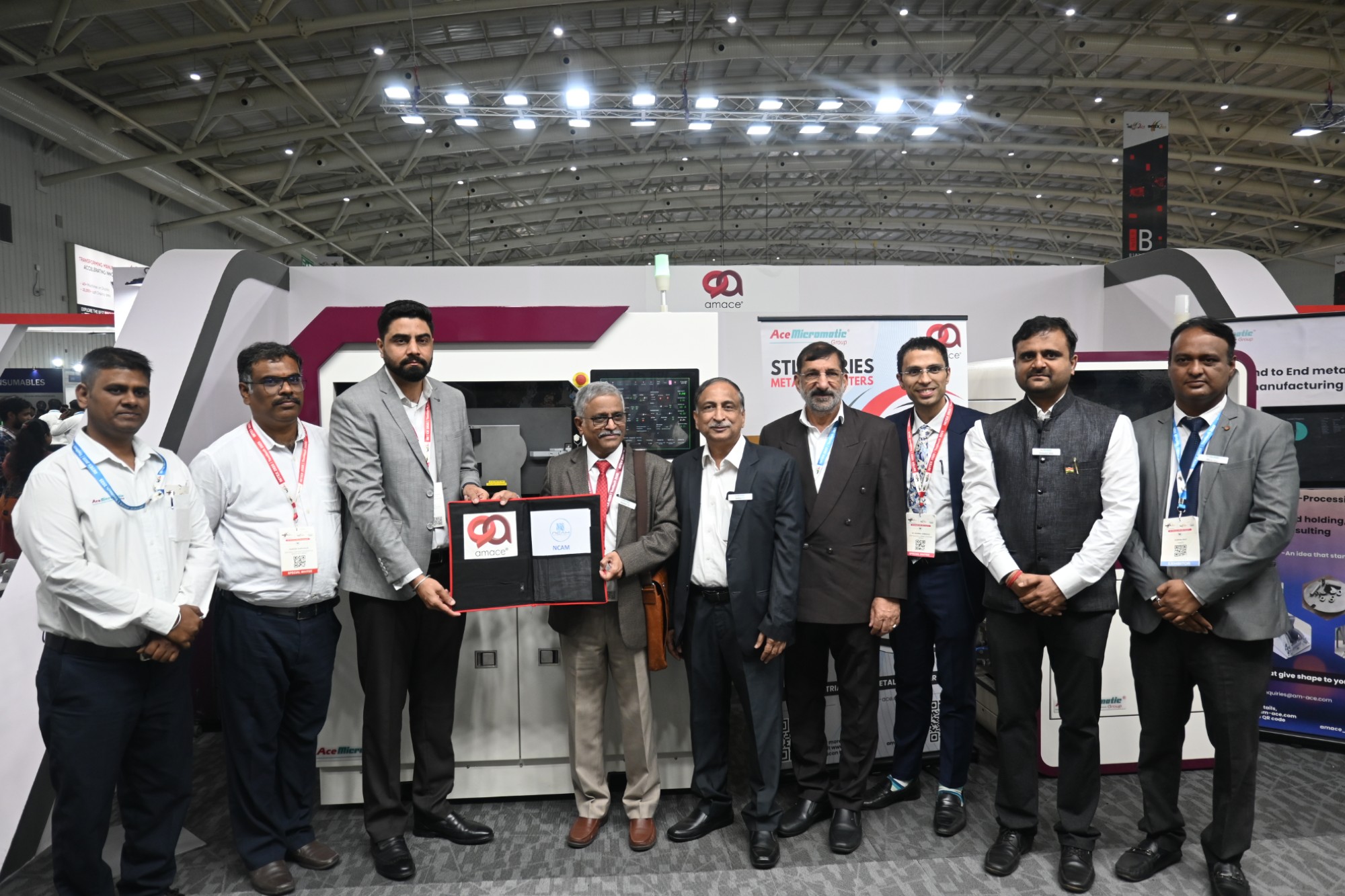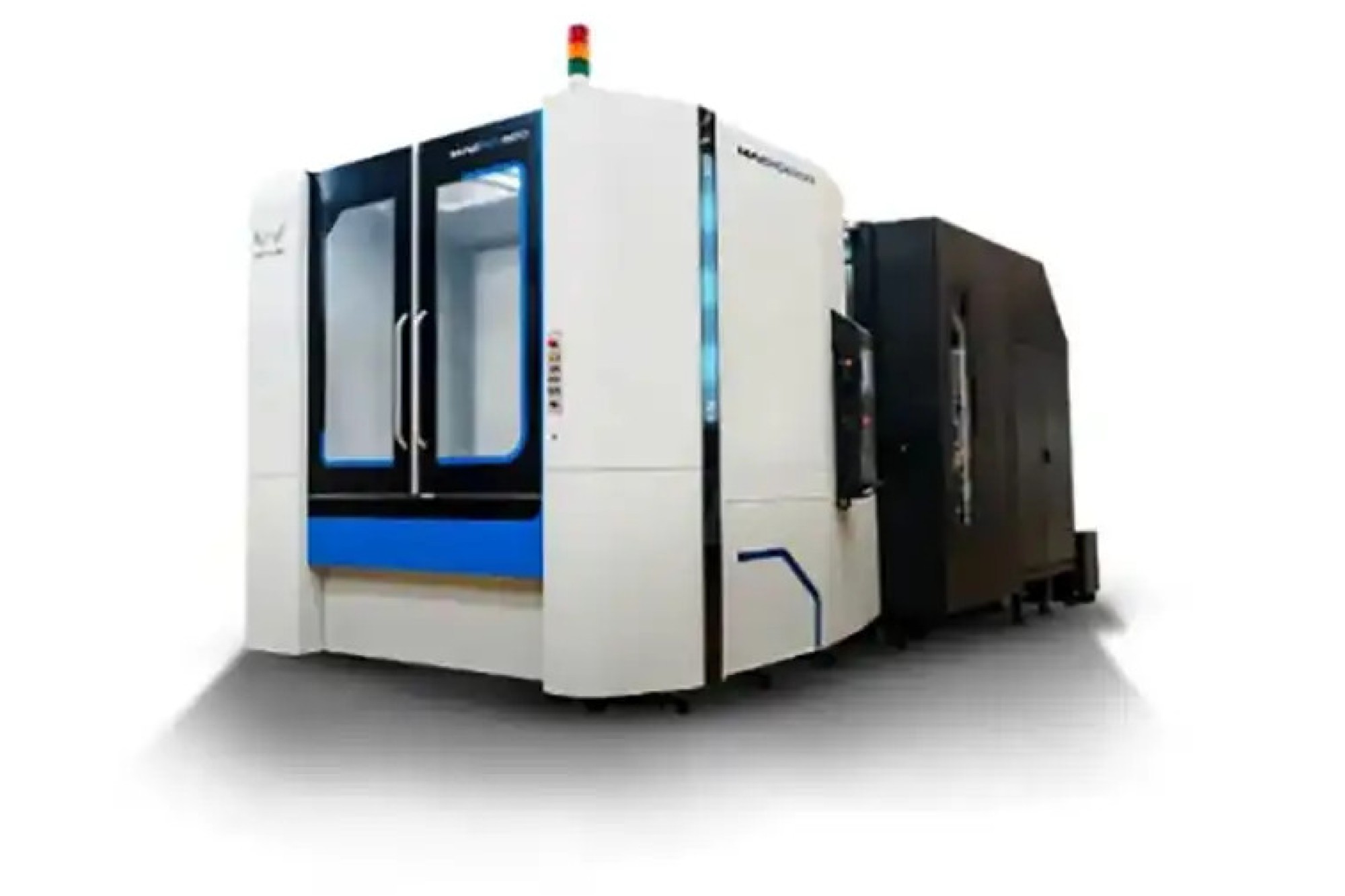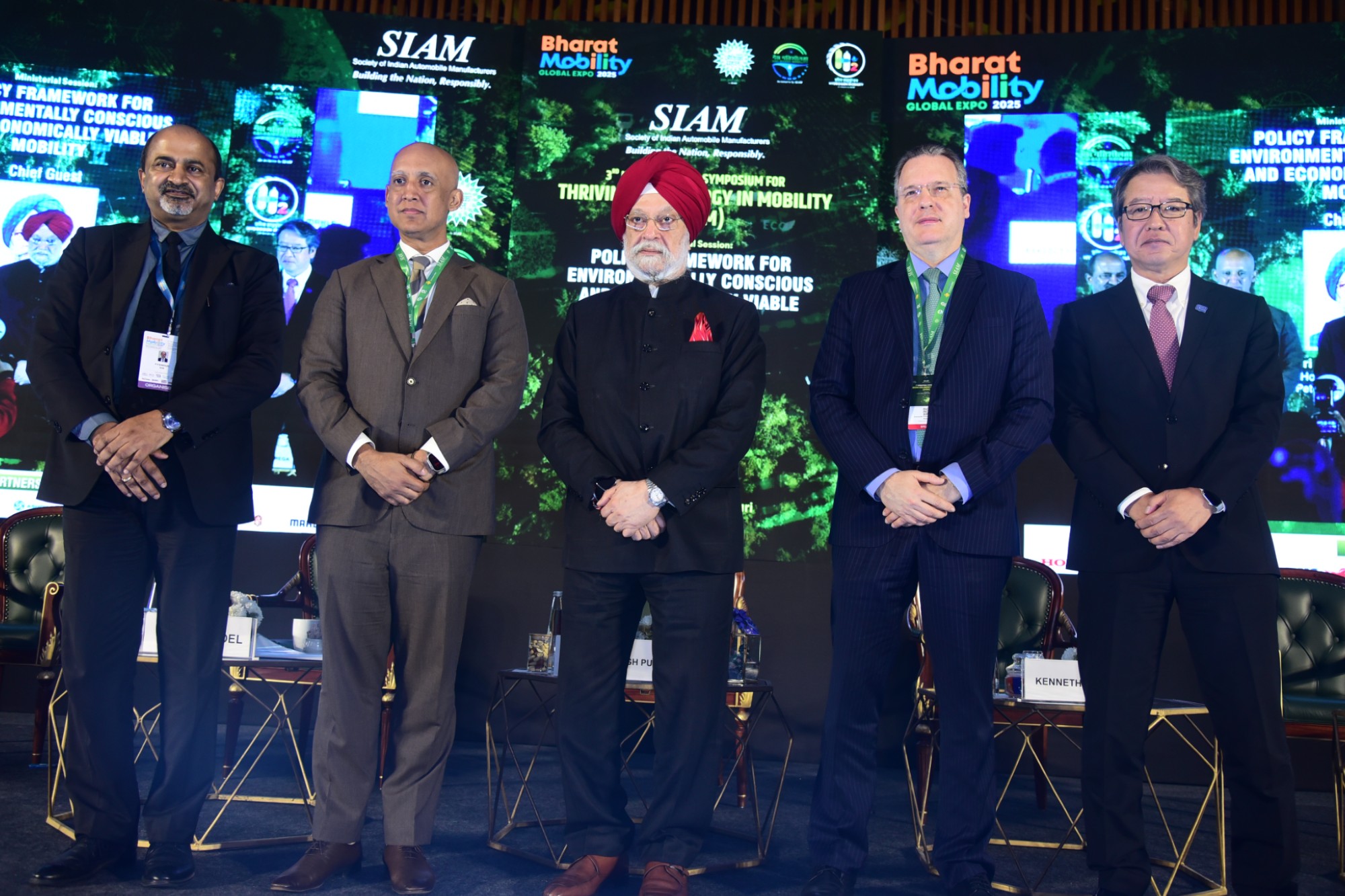Union Budget 2020-21 announces new schemes and reforms for manufacturing
By OEM Update Editorial February 1, 2020 8:13 pm IST
Today, Finance Minister Nirmala Sitharaman announced the Union Budget for 2020-21 under the Modi government. While presenting the Budget, Sitharaman talked about the proliferation of technologies, especially analytics, machine learning, robotics, bio-informatics and artificial intelligence. She said, “Artificial intelligence, Internet-of-Things (IoT), 3D printing, drones, DNA data storage, quantum computing, etc. are rewriting the world economic order. India has already embraced new paradigms such as the sharing economy with aggregator platforms displacing conventional businesses. Government has harnessed new technologies to enable direct benefit transfers and financial inclusion on a scale never imagined before.” Agreeing that “data is the new oil”, she affirmed that analytics, Fintech and Internet of Things (IOT) are changing the way we deal with our lives. Accordingly, she announced proposals that promote the usage and adoption of such technologies that can also boost the manufacturing sector.
She presented schemes and initiatives for the manufacturing sector and added that India needs to boost manufacturing and attract investment in electronic manufacturing as well. Here is a brief overview of the Union Budget 2020-21:
- Significant benefits have been offered to MSMEs by way of enhanced threshold and composition limits. The effective tax incidence on almost every commodity reduced drastically.
- An Investment Clearance Cell has been proposed to be set up that will provide “end to end” facilitation and support, including pre-investment advisory, information related to land banks and facilitate clearances at Centre and State level. It will work through a portal.
- It is proposed to maximise the benefits of the upcoming economic corridors and revitalisation of manufacturing activities.
- The Finance Minister proposed a scheme focused on encouraging manufacture of mobile phones, electronic equipment, and semiconductor packaging.
- To achieve higher export credit disbursement, a new scheme, NIRVIK is being launched, which provides for higher insurance coverage, reduction in premium for small exporters, and simplified procedure for claim settlements.
- To develop each district as an export hub, efforts of the Centre and State governments are being synergised and institutional mechanisms are being created.
- Government e-Marketplace (GeM) is moving ahead for creating a Unified Procurement System in the country for providing a single platform for procurement of goods, services and works. It offers a great opportunity for MSMEs.
- It was proposed to provide about Rs 27,300 crore for development and promotion of industry and commerce for the year 2020-21.
- A policy will soon be brought out to enable the private sector to build data centre parks throughout the country that will enable firms to skilfully incorporate data in every step of their value chains.
- For designing, fabrication and validation of proof of concept, and further scaling up technology clusters, harbouring test beds and small-scale manufacturing facilities would be established.
- It is proposed to introduce a scheme to provide subordinate debt for entrepreneurs of MSMEs. This subordinate debt to be provided by banks would count as quasi-equity and would be fully guaranteed through the Credit Guarantee Trust for Medium and Small Entrepreneurs (CGTMSE). The corpus of the CGTMSE would accordingly be augmented by the government.
- The corporate tax rate for new companies in the manufacturing sector was reduced to an unprecedented level of 15 percent. Similarly, for the existing companies, the rate has also been brought down to just 22 percent. As a result, Indian corporate tax rates are now amongst the lowest in the world. This will enable companies to expand their businesses and make fresh investments in the coming future. Under the Make in India initiative, well laid out customs duty rates were pre-announced for items like mobile phones, electric vehicles and their components. This has ensured gradual increase in domestic value addition capacity in India. Customs duty rates are being revised on electric vehicles, and parts of mobiles as part of such carefully conceived Phased Manufacturing Plans.
- Four railway stations are to be redeveloped through PPP.
- 150 new trainswill be introduced on PPP basis.
- More Tejas-like trainswill also be introduced for tourists.
Harsh Jain, Co-founder and COO, Groww, commented, “The government is clearly pushing manufacturing in the country — an investment clearance cell being set up, scheme to encourage manufacturing of electronics and semiconductor industry products, Rs 27,000 crore for industry and commerce is a good measure for the economic boost.”
Jitendra Chaddah, Chairman, IESA, said, “The vision for the semiconductor and electronics industry in the budget speech is encouraging. We feel this interim budget by Finance Minister is progressive and inclusive. It focuses on leveraging new technologies to build countrywide digital infrastructure, skill-building and drives growth by providing cost benefits for electronics manufacturing in India. The scheme to boost the intelligent electronics and semiconductor ecosystem by the manufacturing of mobile phones, semiconductor packaging and electronic equipment, and assures more investment. We foresee that the sustained incentives by the government to promote local manufacturing will fulfil local demand and also enable India to become an export hub for electronics.”
With regard to the introduction of the National Logistics Policy, Sudeep Kumar Sen, Business Head – EM & GS, TeamLease Services Limited, said that the policy will have a positive impact on the manufacturing sector, among others. He said, “Infrastructure investments and developments will mean ease of doing business for allied industries like capital goods, auto components, logistics, warehousing and e-commerce sector.”
Tim Nicolle, Founder, PrimaDollar, says, “The Finance Minister’s announcements under Union Budget 2020 introducing new schemes will help the small players in the export sector in a big way. The new Nirvik scheme introduces high insurance cover for exporters at a reduced premium. Simplified processes for faster claim settlements will be beneficial for both the exporters and the general insurers.
It will lead to providing high insurance cover, reduction in premium for small exporters and simplified procedures for claim settlements; this will encourage export finance.”
He adds, “This will boost exports. Coming to the MSMEs, the announcement for the subordinate debt for entrepreneurs is a big positive and will help the MSME sector benefit in a massive way. These seem to be sound measures that can stimulate profitable activities for players in the trade and finance sector.”
Sunil Patwari, CEO, Rashmi Rare Earth Limited, said, “We laud the budget presented by Sitharaman today. She stated that the Government could announce a Rs 36,000-crore fund to provide production linked incentives (PLI) to smartphone makers. Building a complete ecosystem to spur local manufacturing is the key for its success. This scheme will support the manufacturers to offer quality products at competitive prices, generating ample employment opportunities and boosting the domestic economy. Our request to the government to give preferential treatment to Indian companies having 100 percent local equity over their Chinese counterparts was heeded to. Faster and hassle-free implementation of incentive schemes is the call of the hour.”
Cookie Consent
We use cookies to personalize your experience. By continuing to visit this website you agree to our Terms & Conditions, Privacy Policy and Cookie Policy.


















